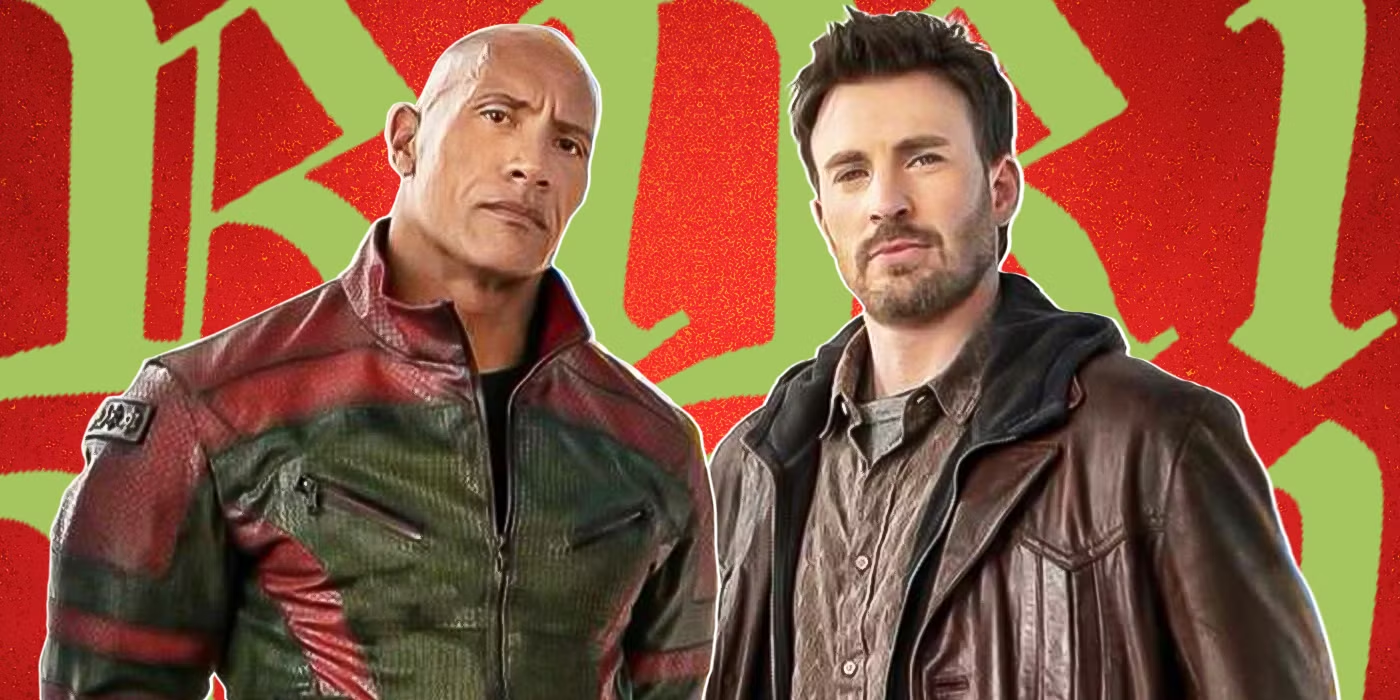Though Eternals is very much the same brand as Marvel’s other offerings, it feels quiet and intimate. The visual style is soft: with flattering, moody lighting, the surgically enhanced lead actors look truly like timeless aliens rather than video game characters (as Marvel’s creations sometimes do by the end of post-production). We linger in close conversations held between ancient beings. The narrative slips away from modernity to historical periods with a drifting camera. The Eternals themselves are comfortable in every time period, and so are we, lovingly experiencing humanity beside them.
Shakespeare loved to write about direct opposites, and Chloé Zhao has made full use of this technique to hammer home the humanity intrinsic to gods on Earth. A grand-scale comic book story about planet-sized aliens is made relatable by treating the Eternals as normal-ish people who want to help the world, who are then changed in dramatic ways when their mission is revealed to be less-than-helpful.
Unfortunately, the grand-scale story also comes with a grand-scale cast. Each character was designed with interesting power sets played marvelously by actors who brought interesting things to the role, and I would have liked to see more from all of them. But how much time can you spend with all your favorites when you have about a dozen favorites and 2.5 hours to visit with them?
I most often rankled against Eternals when it reminded me that it’s part of one of the biggest entertainment franchises, like ham-handed text on screen explaining lore that is then repeated by the characters. Laboring over explanations of why they didn’t intervene with other MCU events irritated me. This movie desperately wanted to be its own, but it is still part of the brand, packaged in plastic and dispensed with a Happy Meal. Zhao did a wonderful job making a wonderful movie within those constraints.
Whether Eternals works in the greater scope of the MCU ultimately depends on how future creators will handle them. The piecemeal storytelling means we may see these characters brought in elsewhere, with all but their simplest defining characteristics stripped so that they can be functional cogs in an oversize, spectacular machine (like, say, Peter Quill in Endgame). This is where I find my dissatisfaction in the MCU, and it will seem especially criminal to reappropriate the Eternals in such a fashion when the complexity and charm of the characters in Zhao’s vision are what make them worth watching.
(Image credit: Disney. This review was originally posted on Letterboxd on Jan 14 2022.)


























